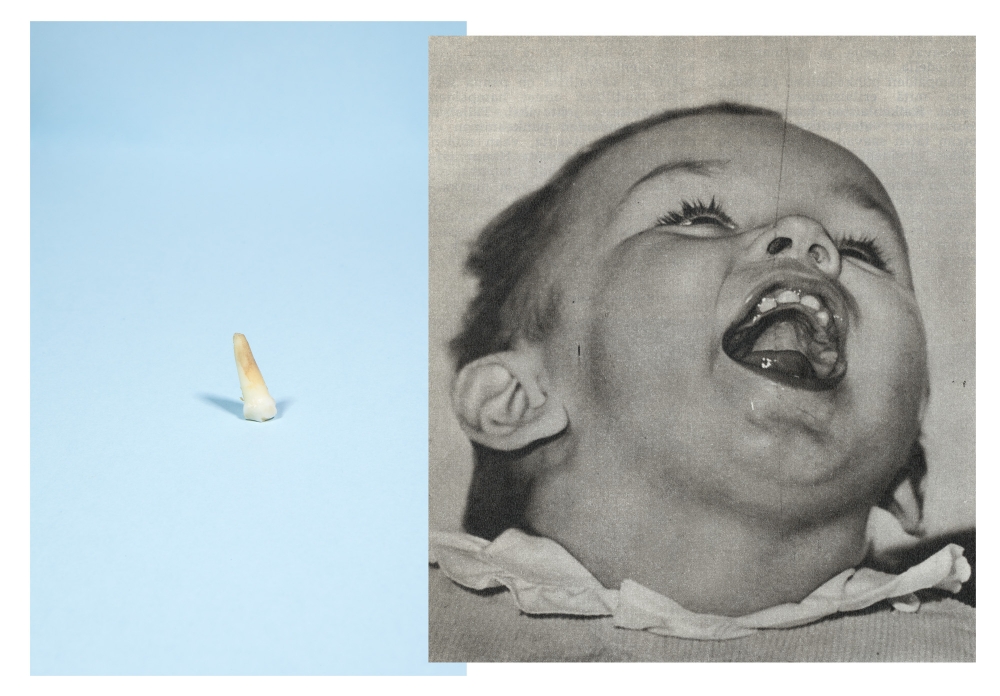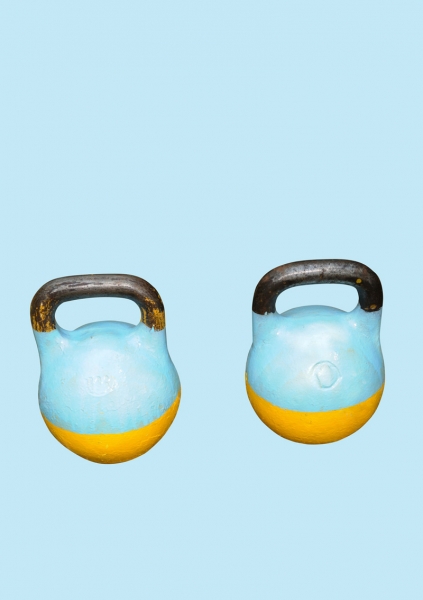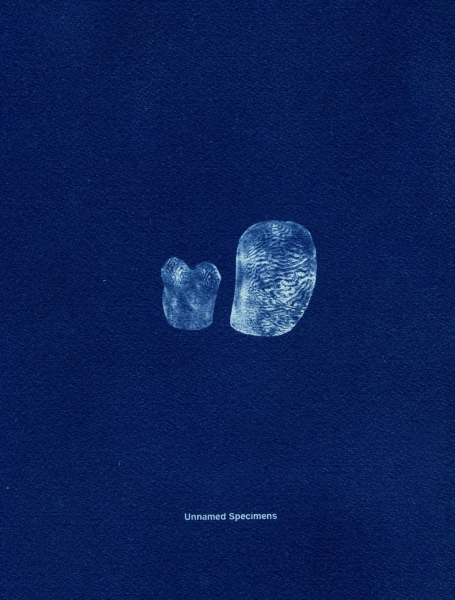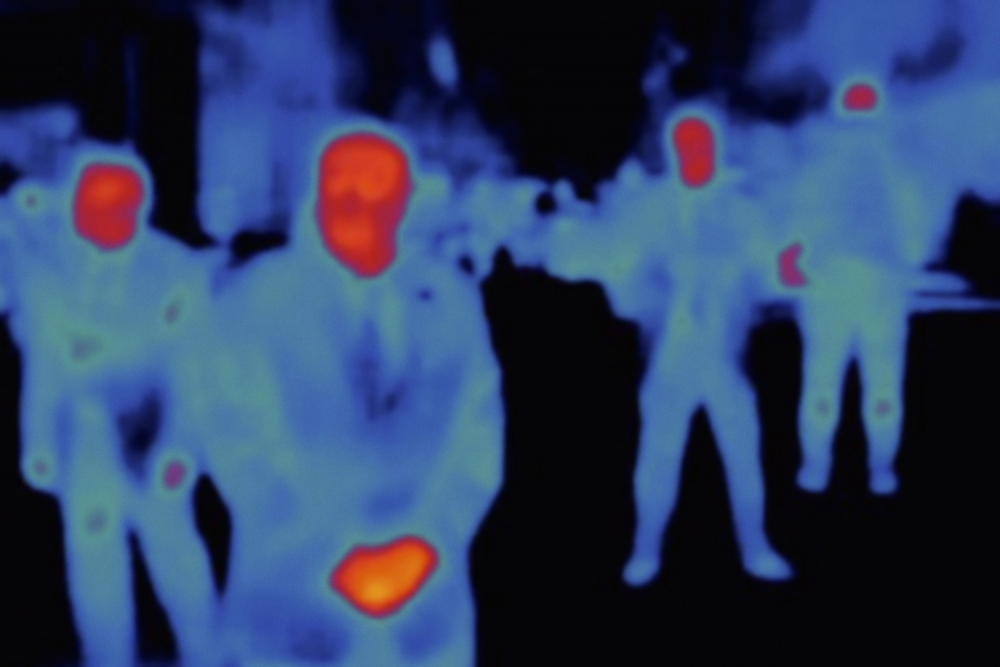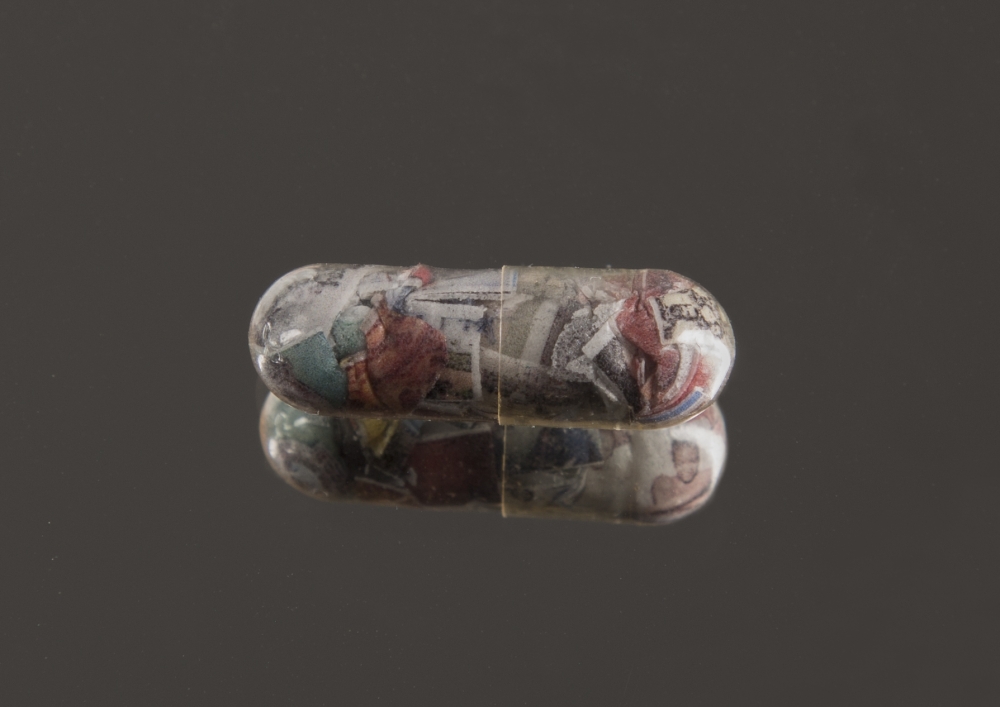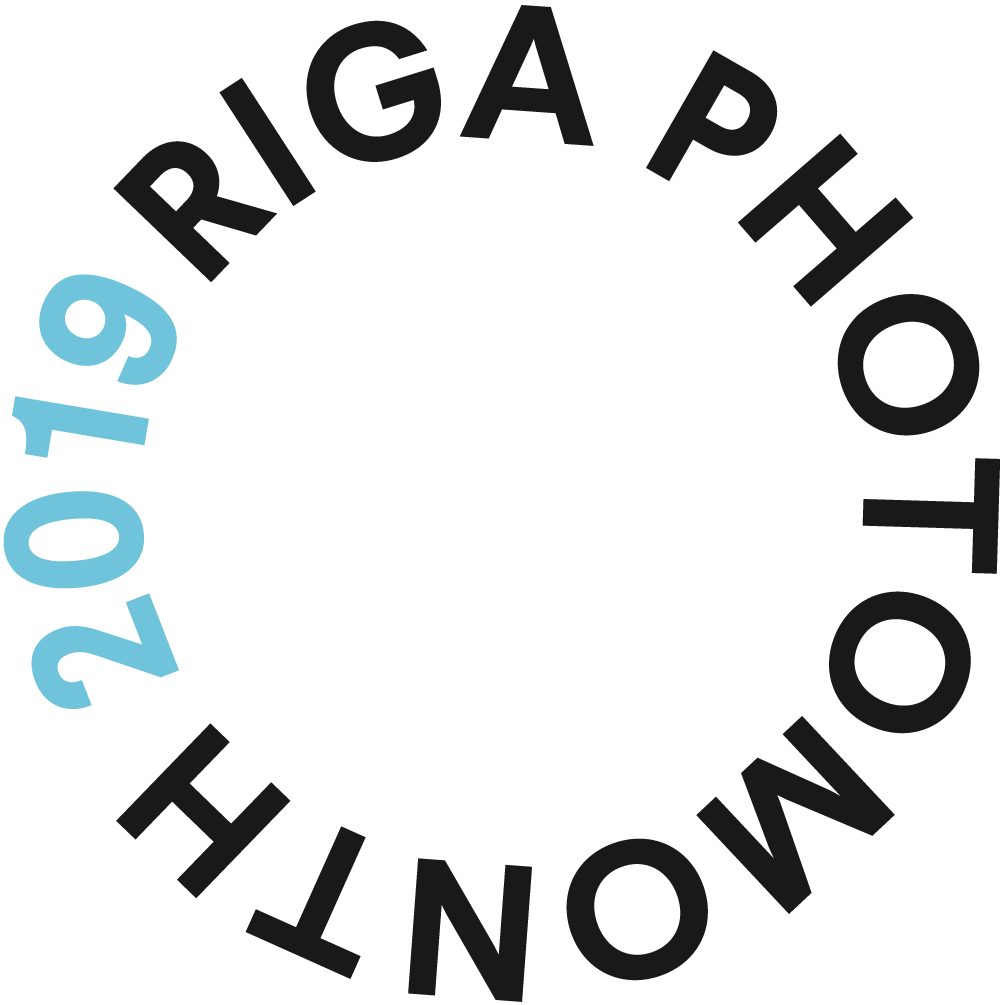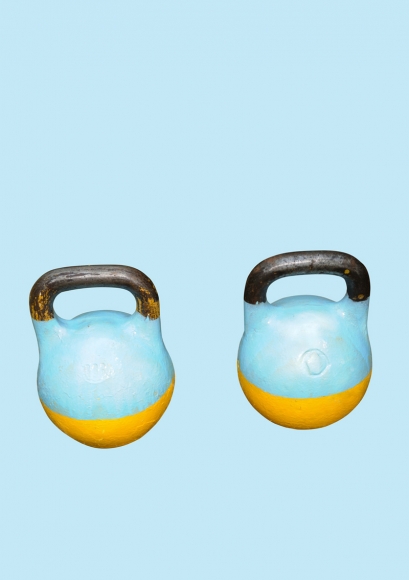The title of the exhibition stems from a pupil’s essay written in 1960 in one of Kuibishev’s elementary schools, in which she describes her idealized and utopian vision of communism in 1981. At the moment, of course, there is no doubt that we will not grow pineapples on the Moon for a long time, if we ever grow, and as the Russian writer Andrei Nuikin ironically says, it would be good if we could eat as much tomatoes as we like here on the Earth. The exhibition has emerged from thinking about an era in which we have realised that not only we have experienced everything, and most of us are sceptical about the great visions of the past generations who dreamt how to make the world a better and more beautiful place, but we have also realised that disappointment in politics, religion, society, and collective truths have not brought any new common understanding of the meaning of life. Utopian future scenarios from the past have not experienced apocalypse and thus it cannot be said that we are living in the ruins of the past failures. Utopian visions of the past have sunk into the ideas of corruption, bureaucracy, kleptocracy, populism and national romanticism. Everything has ended without even having started and we have all willingly become the half-truths of social networks and the citizens of the global village overwhelmed by procrastination. The artists of the exhibition turn to the various collective utopias in the discourse of the post-democracy ideas.
Participants: Aija Bley (LV), Dori Lazar (HU), Karolina Wojtas (PL), Marta Veinberga (LV), Mathias Lovgreen (DK), Niina Vatanen (FI), Pancho Westendarp (MX), Simon Menner (DE), Viacheslav Poliakov (UA), Voldemārs Johansons (LV)
Curators: Alnis Stakle and Arnis Balčus
Opening Wed 15 May 6.15pm
Admission free
Daily 11am–6pm
Related events:
17 May 1pm Guided tour with artists
18 May 7pm Museums' Night
21 May 6pm Guided tour with Alnis Stakle
30 May 6pm Guided tour with Anda Rožukalne
Photo by Viacheslav Poliakov (Ukraine)
